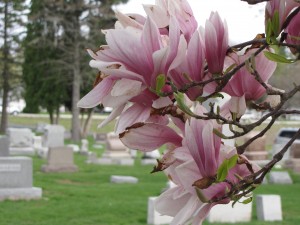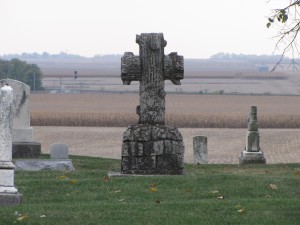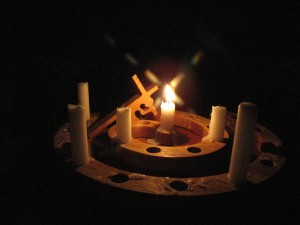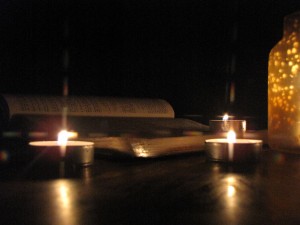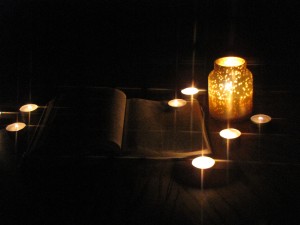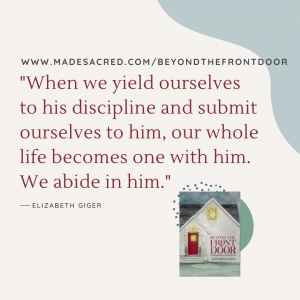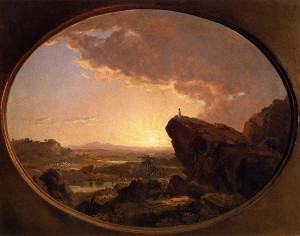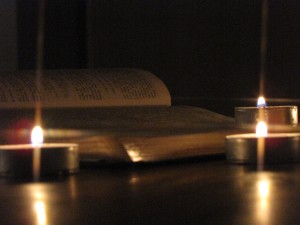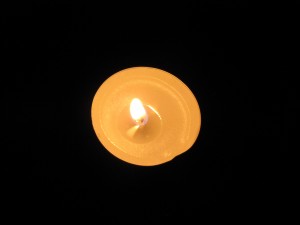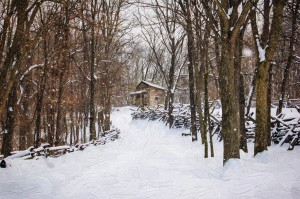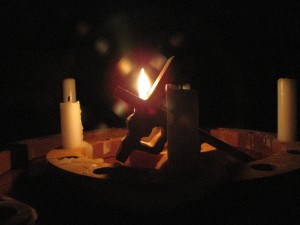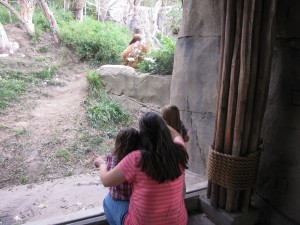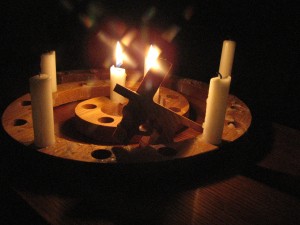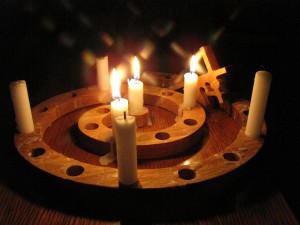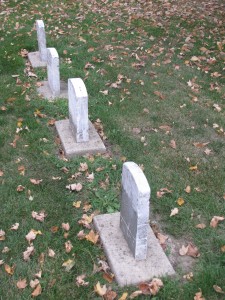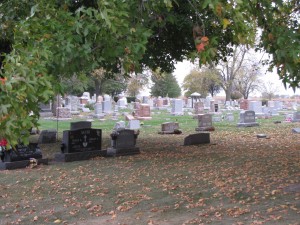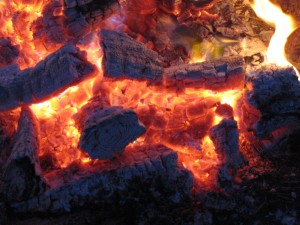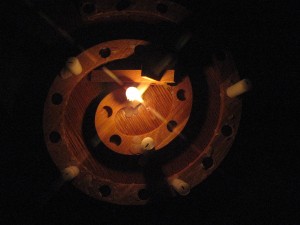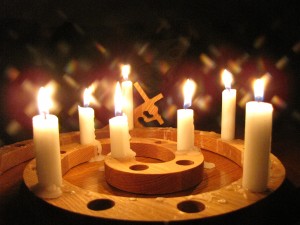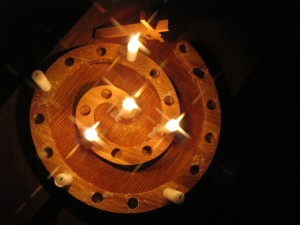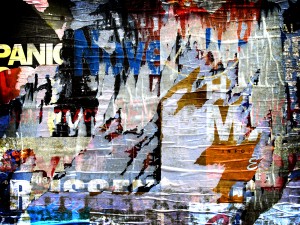God promises in Scripture that the struggles of this life will somehow be redeemed, that the ugliness in our world will be molded by the hands of a loving, powerful God into a thing of beauty.
In the face of the horrors this world can hold, this promise is hard to trust. It is difficult to imagine or even hope that it might possibly be true.
Like Abraham, we are asked to keep trusting in the face of apparent impossibility. Trusting that what God said to Abraham is truth for all: “is anything too hard for the Lord?”
One of the ways I learn how to trust is gazing at the way God fulfilled this redemption promise once before in the death and resurrection of Jesus.
Practicing the story of Lent leading into Easter is one way to do this. Practicing the story is a way to catch a glimmer of how this promise could be true. Lent fills us with the sorrow of this broken world and leads us in a physical way through the story of that sorrow into the story of the glory of resurrection, of new creation.
God created us as physical beings and he knows how much we need physical rhythms and habits to ground us in what is true. The Old Testament is full of feasts and festivals, sacrifices and rituals, to keep reminding Israel of who she was and who God is. There is an embodiment to the Lenten practices that has done much to steep my heart in the theological truth of God’s promise to restore our locust-eaten years.
One of the habits that has pulled me into God’s story is fasting.
I know it is popular lately to fast from any number of things — social media, sugar, screens — but there is something deeply good about embracing our given physicality and fasting from food.
The practice of fasting from a substance you truly need for life roots your entire being down into the reality of brokenness, both the brokenness of our world and the brokenness of our own selves. It tugs me back into the reality of my utter dependence on God, reminds me that the control I think I have over my life is really just an illusion.
Fasting reminds me that God is the only one who truly controls anything.
Fasting reminds me that I am safe in his hands.
Another reason for fasting is to practice Christ’s command to deny ourselves, to die to ourselves. It is a way to build up our spiritual muscle in a small thing so that when the more consequential temptations come we are strong enough to resist.
… misuse of food is an equal-opportunity temptation available three times a day to everyone from nine to ninety. Those who overcome this most basic temptation gain spiritual strength to battle all the rest. Of course, almost no one does. Frederica Mathewes-Green in At the Corner of East and Now
Of all the spiritual disciplines, fasting is probably one of the least talked about these days. It didn’t used to be so. There were regular times of fasting in the Old Testament, times when fasting was commanded and times when it was voluntary. In the New Testament, when Jesus spoke of fasting he didn’t say if you fast but when you fast.
Normally fasting is a private discipline, one you don’t go around talking about. When Jesus taught about fasting, he specifically told his followers not to go around with ashes on their heads and mournful looks on their faces but to live their outward lives as normally as possible.
As I have thought about the way fasting has faded into the background these days, however, I have felt the Holy Spirit nudging me to fast in community during Lent this year. If you would like to join me, we can humble ourselves together before God, encouraging each other and allowing the Spirit to teach us how to use this discipline to grow in our dependence on him.
Here is what I will do: I have committed to fasting for a 24 hour period each week during Lent, from Thursday after supper to Friday supper. I will set up a Facebook group for anyone who would like to be in that kind of community while practicing your fast. If you would like to join, just send me an email at elizabeth@madesacred.com, telling me so.
You could also just join on your own, knowing that there is a community who is fasting with you. There is strength in that kind of knowing. You can send me an email, letting me know that you are joining us. Or you can not.
Whether or not you join me in this specific fast, I hope you will spend time praying about and studying fasting. Tell God what you wonder about fasting. Ask him what he wants to say to you about fasting.
“Even now,” declares the LORD, “return to me with all your heart, with fasting and weeping and mourning.” Rend your heart and not your garments. Return to the LORD your God, for he is gracious and compassionate, slow to anger and abounding in love, and he relents from sending calamity. Joel 2.12-13

